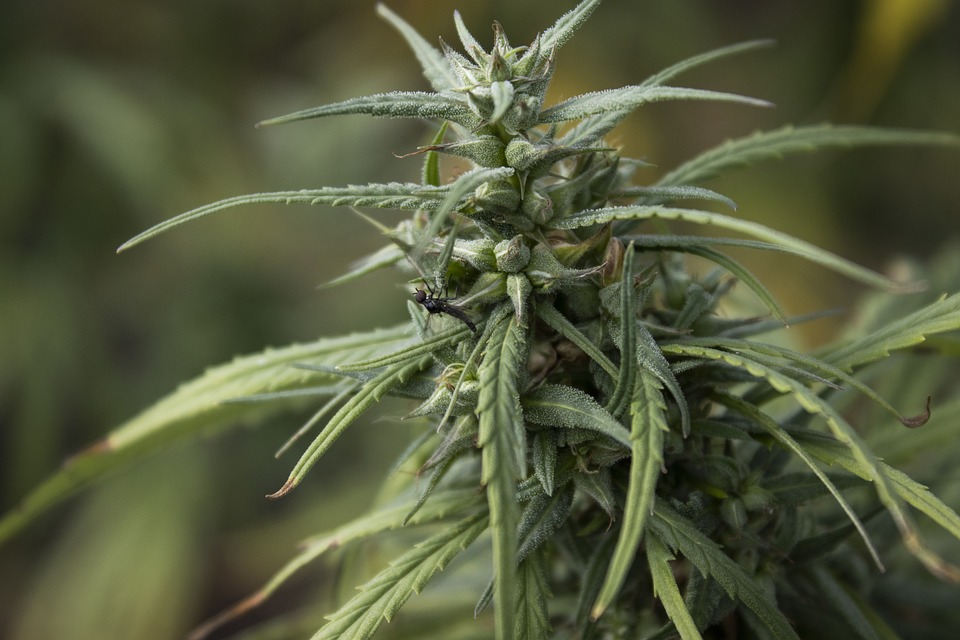Introduction
With the recent legalization of hemp farming in many states across the United States, there has been a surge of interest in this once controversial crop. However, navigating the legal landscape of hemp farming can be complex and confusing, as laws and regulations vary from state to state. In this article, we will explore the current legislation surrounding hemp farming and provide an overview of the key issues facing farmers today.
The Farm Bill of 2018
One of the most significant developments in the legalization of hemp farming was the passage of the Farm Bill in 2018, which removed hemp from the list of controlled substances and classified it as an agricultural crop. This paved the way for farmers to cultivate hemp legally and opened up new opportunities for the industry.
State Laws and Regulations
While the Farm Bill legalized hemp at the federal level, states have the authority to regulate hemp farming within their borders. This has led to a patchwork of laws and regulations that can be difficult for farmers to navigate. Some states have embraced hemp farming and have established robust regulatory frameworks to support the industry, while others have imposed strict regulations that make it difficult for farmers to grow hemp.
Challenges Facing Hemp Farmers
One of the biggest challenges facing hemp farmers today is the lack of clarity surrounding the legal status of CBD, a popular derivative of hemp. While the Farm Bill legalized hemp cultivation, the legal status of CBD is still being debated, leading to confusion within the industry. Additionally, farmers must navigate complex licensing requirements, testing regulations, and other hurdles that can make it difficult to operate a successful hemp farm.
Conclusion
Despite the challenges facing hemp farmers today, the future looks bright for the industry. With increasing demand for hemp products and growing support for legalization, hemp farming is poised to become a thriving sector of the agricultural economy. By staying informed about the latest legislation and regulations, farmers can navigate the legal landscape of hemp farming successfully and take advantage of the opportunities that lie ahead.
FAQs
Q: Is hemp farming legal in all states?
A: While hemp farming is legal at the federal level, states have the authority to regulate hemp farming within their borders. It is important for farmers to research the laws and regulations in their state before starting a hemp farm.
Q: What are some of the challenges facing hemp farmers today?
A: Some of the challenges facing hemp farmers today include the lack of clarity surrounding the legal status of CBD, complex licensing requirements, and testing regulations. Farmers must navigate these hurdles to operate a successful hemp farm.
Q: What is the outlook for the hemp farming industry?
A: Despite the challenges facing the industry, the outlook for hemp farming is positive. With increasing demand for hemp products and growing support for legalization, hemp farming is poised to become a thriving sector of the agricultural economy.
[ad_2]
